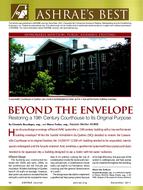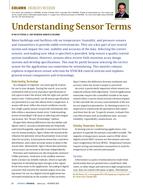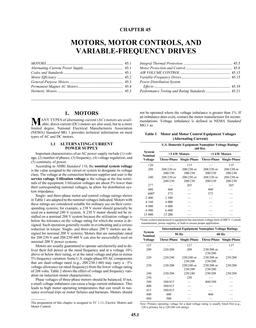Click here to purchase
This paper describes a methodology for simulating the transport of smoke and hot gases in buildings. The approach is based on the use of efficient CFD techniques and high-performance computers to solve a form of the Navier-Stokes equations specialized to the smoke movement problem. The fire is prescribed in a manner consistent with a mixture fraction-based approach to combustion, but the combustion phenomena themselves are not simulated. The mixing and transport of smoke and hot gases are calculated directly from an approximate form of the Navier-Stokes equations. The computations are three-dimensional and time-dependent and are limited only by the spatial resolution of the underlying grid. Due to the efficiency of the algorithm, calculations employing over a million computational cells are routinely performed on workstations. Convective motion is resolved down to scales one-hundredth the size of the characteristic length of the enclosure. For residential rooms or hotel units, this corresponds to 3-5 centimeter resolution, and for industrial applications, 10-20 centimeters. Fire-related phenomena such as radiative heat transfer, flame spread, and sprinkler spray dynamics have been added to the model, enabling simulations of large-scale fire experiments. Examples of how the model is used in this regard are presented.
Units: I-P
Citation: Symposium, ASHRAE Transactions, vol. 105, pt. 1
Product Details
- Published:
- 1999
- Number of Pages:
- 11
- File Size:
- 1 file , 1.8 MB
- Product Code(s):
- D-7556


